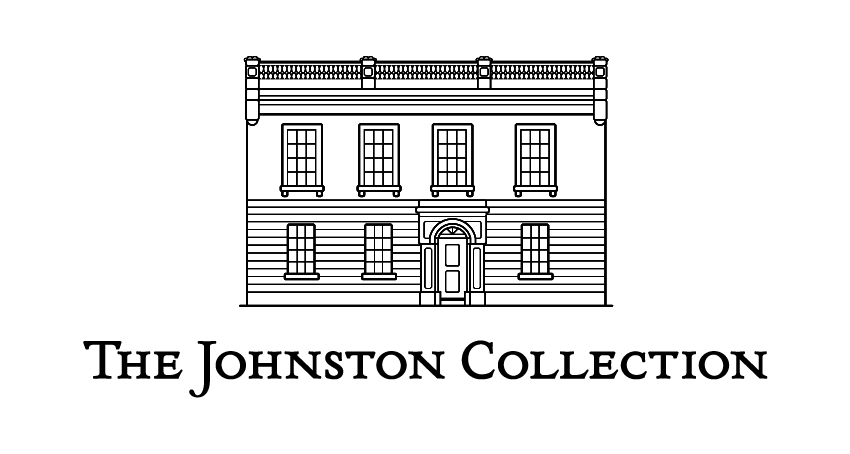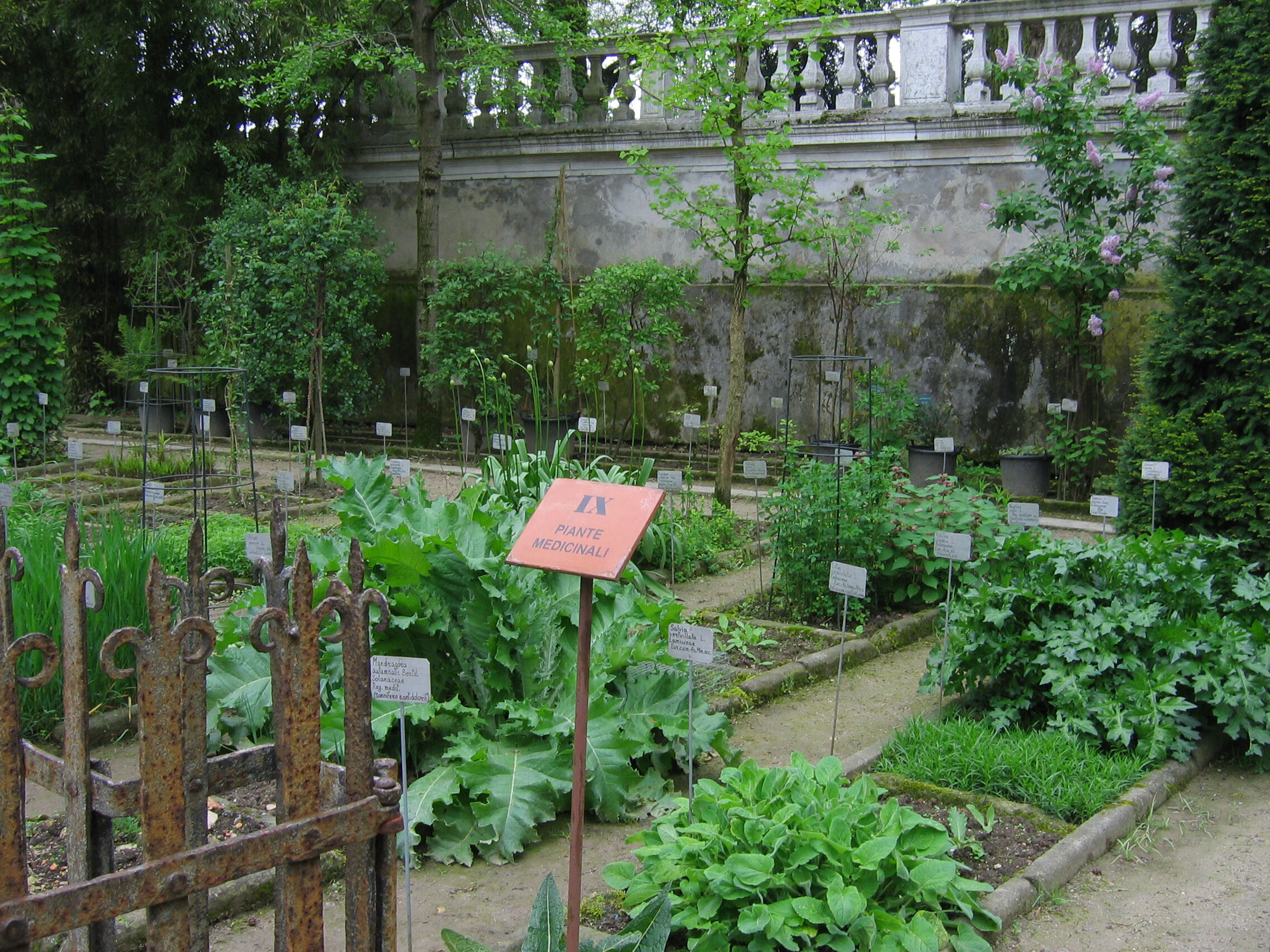THE HEALING PLACE: the Modern Botanic Garden as a Re-imagined Physic Garden with Professor Tim Entwisle
Friday 5 Apr 2024, 2:00 PM – 3:30 PM
In the last decade, Professor Entwisle has promoted botanic gardens as a potent mix of nature, culture and science. By combining these three attributes, he has argued, botanic gardens can be a force for positive and lasting change. However, triggered by the COVID-19 pandemic and the community’s changing relationship with outdoor spaces, he realised he overlooked another vital element. The botanic garden could be reimagined as a physic garden - not so much in their historical sense as 'a collection of medicinal plants', but as a healing place. Join Professor Entwisle as he explores the healing potential of botanic gardens.
The value of nature and of botanic gardens for keeping us in ‘good health’ is, if not self-evident, then progressively confirmed by social research. The modern botanic garden as a physic garden would do many things: embrace the creation and further development of botanic gardens in places where there are more people than ‘natural’ diversity of plants; encourage a medical approach to addressing complex problems like climate change – target the root causes first, cure if possible, or if not, relieve symptoms and build resistance. Botanic gardens as physic gardens could also encourage a triaging approach to conservation (borrowing from the approach in an emergency ward) so we don’t ‘waste’ resources on lost causes. They could provide plant rescue and restoration as the equivalent of a human Intensive Care Unit (ICU), with ‘plant ambulances’ dispatched into areas devastated by natural (including human-induced) disasters.
Our landscapes and collections are for many people their first contact with a complex plant environment – nature. That contact, researchers say, is also good for our health.
PROFESSOR TIM ENTWISLE is an author, botanist and former botanic gardens director. He is currently Chair of the Harbour Trust in Sydney, and the Public Open Space Expert Panel for the Suburban Rail Loop project in Melbourne. Tim headed up Royal Botanic Gardens Victoria for ten years, following two years in a senior role at Royal Botanic Gardens Kew in London, and eight as head of Royal Botanic Gardens and Domain Trust in Sydney. Tim is an Honorary Professorial Fellow at The University of Melbourne with a broad interest in algae, plants and public gardens. He is a regular contributor to Australian radio, print and social media, and recently published a memoir, Evergreen: the Botanical Life of a Plant Punk.
Your ticket includes tea or Market Lane coffee served before the lecture, and time to browse our exclusive range of books, gifts, and homewares at TJC Emporium. NOTE: Tickets for this event do not include access to our exhibition-house, Fairhall. Guided tours of the current exhibition can be booked separately.
This lecture is supported by The Colin Holden Charitable Trust.
Images:
An early physic garden, Orto Botanico di Padova, Padua, Italy. Photo: Tim Entwisle, April 2018.
The White Oak installation in Royal Botanic Gardens Melbourne: the stump and wood-crafted branches from the dead tree remain in situ, while new oaks from Mexico, California and Texas thrive nearby. Photo: Tim Entwisle, January 2021.
Chomley, F. 2021. Nature for Health and Wellbeing – a Review of the Evidence. Royal Botanic Gardens Victoria, Melbourne. https://www.rbg.vic.gov.au/media/ydgkcbk1/rbg260-nature-for-health-and-wellbeing-report-fa-r3-spreads.pdf
A modern physic garden, Royal Botanic Gardens Melbourne – one of two botanic gardens managed by Royal Botanic Gardens Victoria. Photo: Royal Botanic Gardens Victoria, July 2020
SOLD OUT
About US
Explore
Contact
VISIT
See our VISIT page for hours and directions
BY PHONE
+61 3 9416 2515
BY POST
PO Box 79, East Melbourne VIC 8002
ONLINE
General enquiries
Membership enquiries
Shop
Donation enquiries
Subscribe to E-Newsletter




